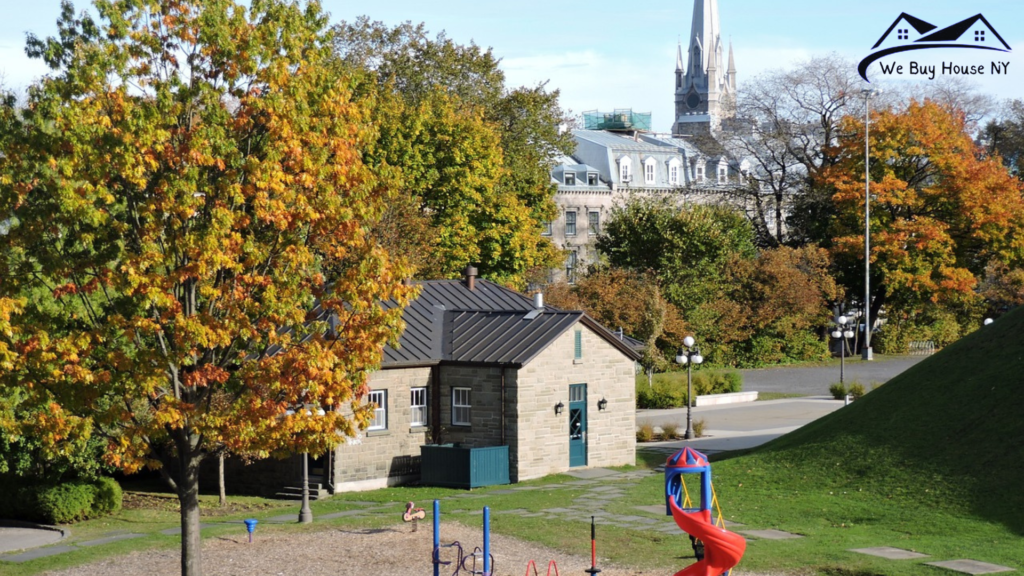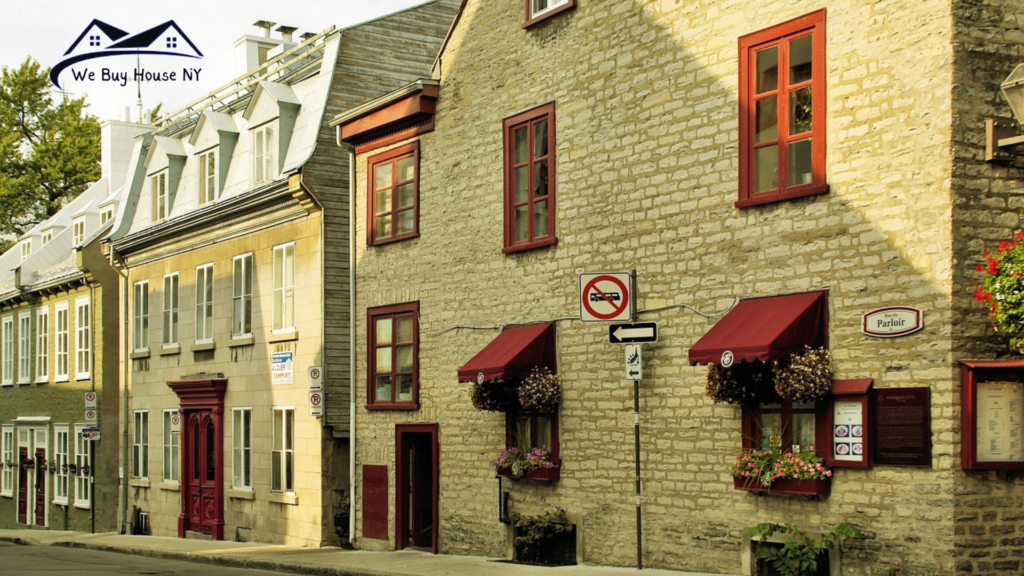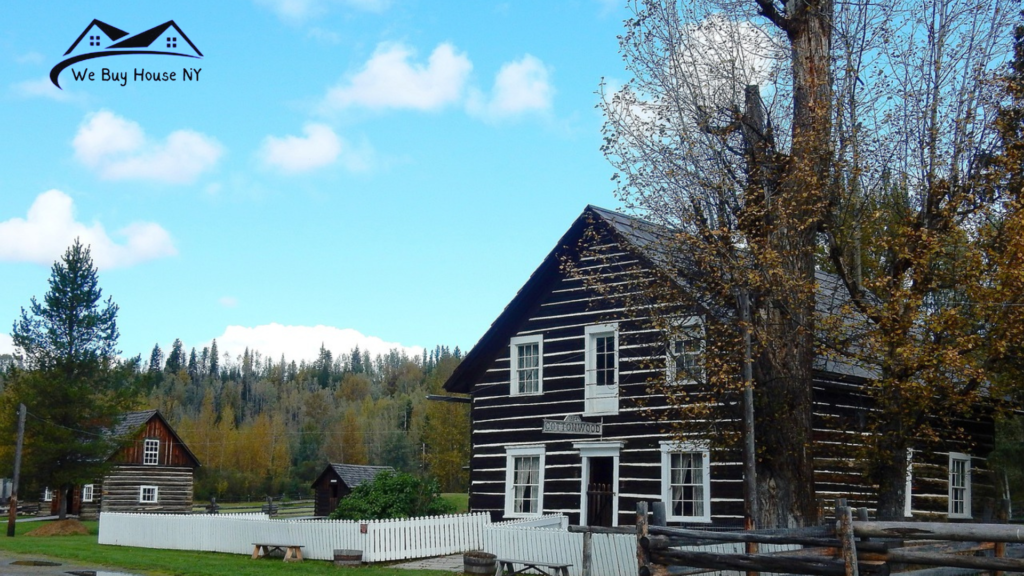Introduction
Exploring the dream of homeownership in Canada takes a new turn with recent regulations impacting foreign investors. As of January 2023, the Non-Canadians Residential Property Purchase Prohibition Act enforces a two-year restriction on non-Canadian citizens or permanent residents from buying residential properties. Today we will navigate the intricacies of these regulations, providing insights into exceptions, the government’s strategy to curb housing costs, and the implications for foreign buyers. Get ready to delve into eligibility criteria, taxes, and the overall process, with our guide on how to buy house in Canada for foreigners amidst these transformative changes.

Exceptions
The new law that says foreigners can’t buy houses in Canada has some exceptions:
- Foreigners can still buy holiday homes like cottages or vacation houses.
- If a house has more than three parts, they can buy that too.
- Also, the law only applies if the house is in a big city with over 100,000 people.
- There are some special cases too. If a foreigner is married to a Canadian or inherits a house after someone dies, they can still buy a house.
As of January 2023, these exceptions include Canadian citizens, permanent residents, married Canadians, people who want to rent, those working temporarily in Canada, refugees, and foreign diplomats. But these rules can be tricky. Before buying a house, you must talk to a Canadian lawyer or accountant to ensure you qualify for these exceptions.
Can people living temporarily in Canada buy a house?
Yes, they can! The rules of the new Act don’t affect Canadians or permanent residents. You can still buy a home if you’re on a valid study or work permit. But, there are some conditions you need to meet, like proving you want to become a permanent resident.
For those studying, you need to show that you either filed all your tax returns for the last five years, were in Canada for at least 244 days each year, didn’t buy more than one property, and your home’s price is below $500,000. This could be challenging in Ontario or British Columbia regions, where the average home price exceeds $800,000.
Now, if you’re working in Canada on a valid work permit, you must have worked here for at least three years in the four years before buying a home. It would help if you also showed you filed your income tax returns for at least three of the four years before the purchase, and like those studying, you can’t have bought more than one property. Remember, even though the time required is less than for students, you still need to prove three years of full-time work and tax returns over the preceding four years.
As a non-Canadian, the Act says it’s your responsibility to prove you’re eligible to buy a house. Temporary residents need to cover all the costs of getting this proof, like gathering work permit documents and notices of assessment. You should also show your physical presence in Canada with documents like rental agreements, utility bills, or entry and exit records. Knowing intricacies is vital for understanding how to buy house in Canada for foreigners.

What are the effects of doing otherwise?
For those exploring how to buy house in Canada for foreigners, understanding the consequences of acquiring prohibited residential properties is crucial. The recent legal measures, prompted by a surge in property prices and concerns about housing supply, entail fines of up to $10,000 and potential court-ordered property sales. Notably, exceptions exist for immigrants and permanent residents, emphasizing the importance of navigating these regulations when considering Canadian real estate.
Despite the ban, the desirability of Canadian homes continues to attract foreign investors, prompting concerns about underused housing, speculation, and rising prices. Information from CREA (Canadian Real Estate Association) highlights the market’s trends, showcasing a peak in average prices at $800,000 Canadian and a subsequent decline. As the Bank of Canada raises interest rates, impacting mortgage rates, the real estate landscape changes, but challenges and opportunities persist for those contemplating property ownership in Canada.
What is the cost of buying property in Canada?
When purchasing a home in Canada, it’s crucial to consider the closing costs, typically 2-4% of the property’s purchase price. International buyers should be aware that there are no additional levies or fees apart from the foreign buyer’s tax applicable to speculators. Sellers are responsible for covering both the buyer and seller’s realtor commissions. While employing an agent to assist with your purchase may come at no cost, it’s essential to budget for commissions when selling.
What are the financing options for foreign buyers?
For buyers exploring how to buy house in Canada for foreigners, financing options are available based on individual circumstances. Eligibility for Canadian financing depends on factors such as Canadian income. While some mortgage products consider net worth, they typically require a substantial down payment on the property. Navigating these financial aspects is crucial for foreign buyers aiming to make a sound investment in the Canadian real estate market.

Conclusion
Navigating the Canadian real estate landscape as a foreign buyer demands strategic vigilance amidst recent regulatory changes. The introduction of the foreign homebuyers’ ban, coupled with market fluctuations influenced by increased interest rates, adds complexity to the home purchasing process. Prospective buyers keen on understanding how to buy a house in Canada for foreigners must stay informed about evolving market dynamics, assess their financial readiness through the mortgage stress test, and exercise patience amid uncertainties. While the ban’s long-term impact remains uncertain, a discerning and adaptable approach is essential for foreign investors seeking to realize their homeownership dreams in Canada.


